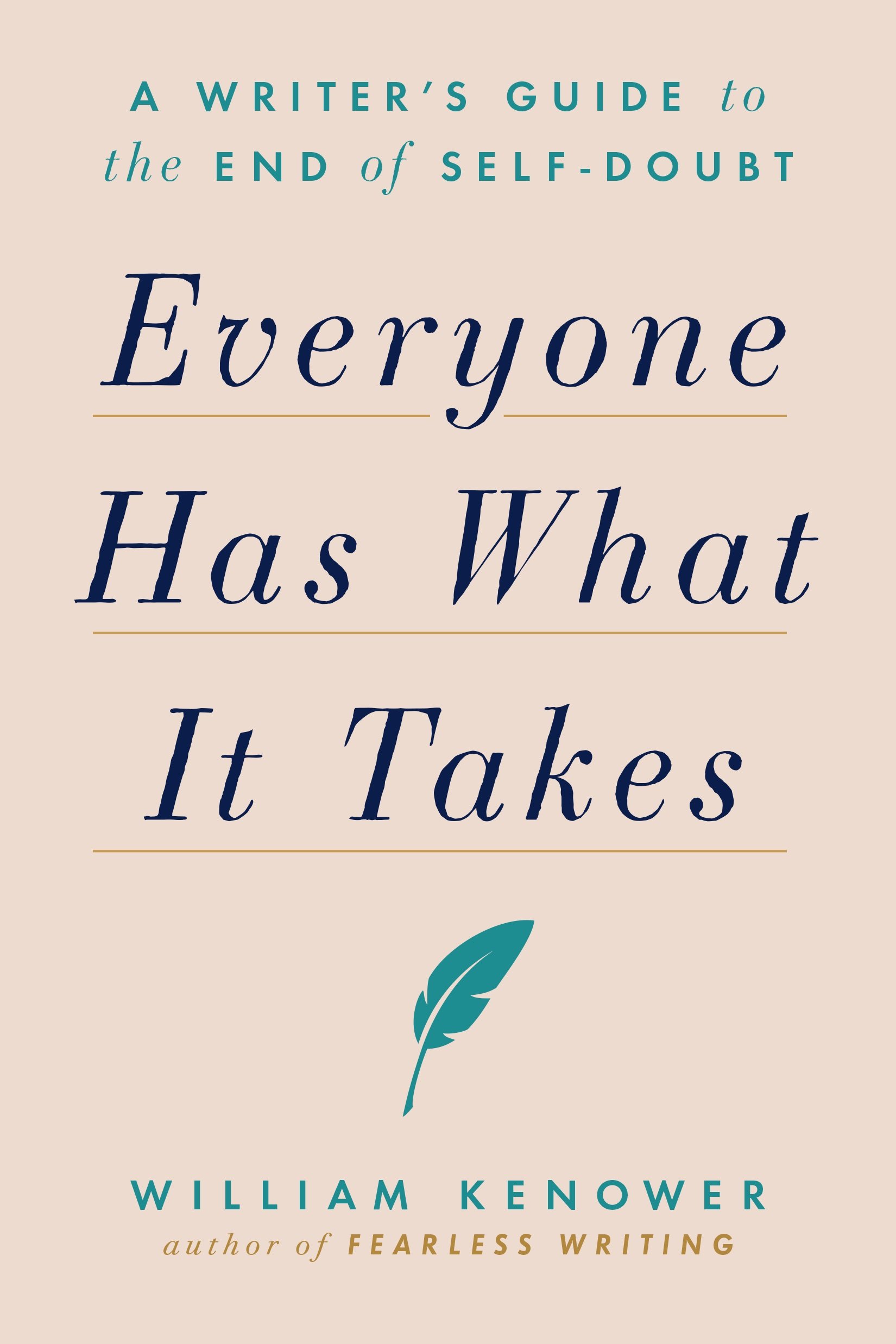A Lonely Road
I was working on one of the last novels I would write when I learned that the Richard Hugo House in Seattle had a program where you could show your work to a professional writer and get some feedback. I took the opportunity, and soon found myself sitting in a cozily-furnished room with the poet and novelist David Wagoner. David was an elegant, soft-spoken, white-haired lover of literature, who had studied under and become good friends with Theodore Roethke. He sat with my pages on his lap and stared out a window and said complimentary things about the story.
I listened attentively, grateful for his kind words, which were just the sorts of things an aspiring writer would like to hear from an established author. When I had sent the sample, I had hoped to receive this kind of encouragement. Having gotten it, I sensed there was more to my visit than this. David talked some about his first novel, about the life of a poet, all the while staring out the nearby window. Finally, he turned to me and asked how serious I was about wanting to write professionally. I said it was my only plan.
“Well,” he said, “I wish you luck. It’s a lonely road.”
With that, I shook his hand and left. Although I was only a few miles from my house, I got lost temporarily driving home. For a moment in my car, when I realized I wasn’t sure where the freeway entrance was, I imagined that I might travel so far afield, following some unknown and endless path, that I would never get back, becoming stranded forever out in some foreign and unfriendly land.
It was then I looked up and saw the onramp. I laughed to myself as I joined the flow of traffic heading north, and I thought again about what Wagoner had said. It seemed true, except that when I was writing, when all my attention and focus was on a story I was telling, I felt anything but lonely. It was when I was done writing, when I was wondering where it was all going, whether it would work out, whether I’d find any success, that was when I felt isolated on an island without answers or direction. How easy it was to believe one reality meant more than the other, to feel lost when you think you need to know more than what the next best sentence will be.
If you like the ideas and perspectives expressed here, feel free to contact me about individual coaching and group workshops.
Everyone Has What It Takes: A Writer’s Guide to the End of Self-Doubt
You can find William at: williamkenower.com


